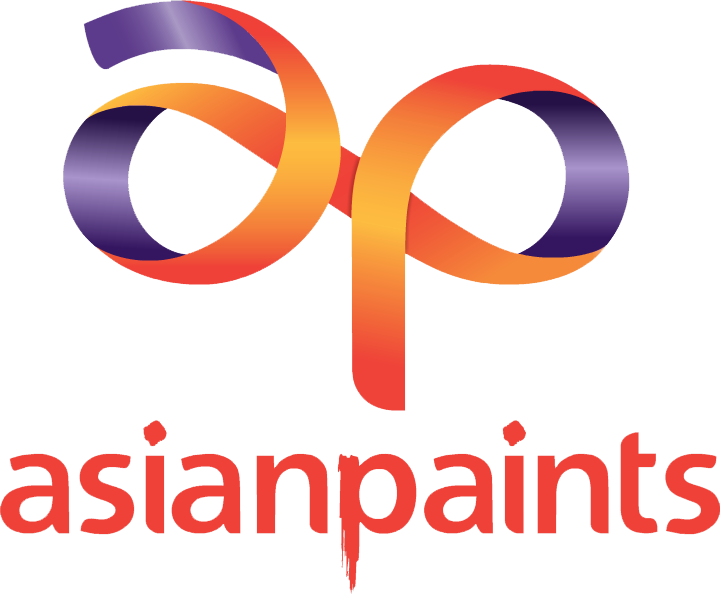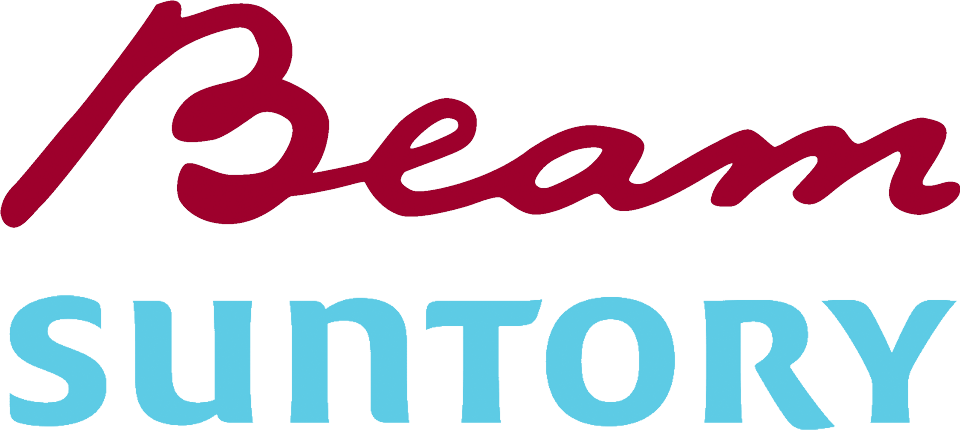
Chemicals
Asian Paint’s forward-thinking approach yields a 10% reduction in raw material costs
Learn how

Food
Cargill realizes $700,000 USD in project savings in 12 weeks
Learn how

Beverage
Distell realizes $174 million USD in supply chain savings over five years
Learn how

Packaging
O.R.G achieves 7.6% production increase in six months
Learn how

Beverage
Beam Suntory realizes €1.8 million raw material saving
Learn how

Chemicals
IPL achieves AU$0.5bn in productivity savings
Learn how
Get started with CCi
